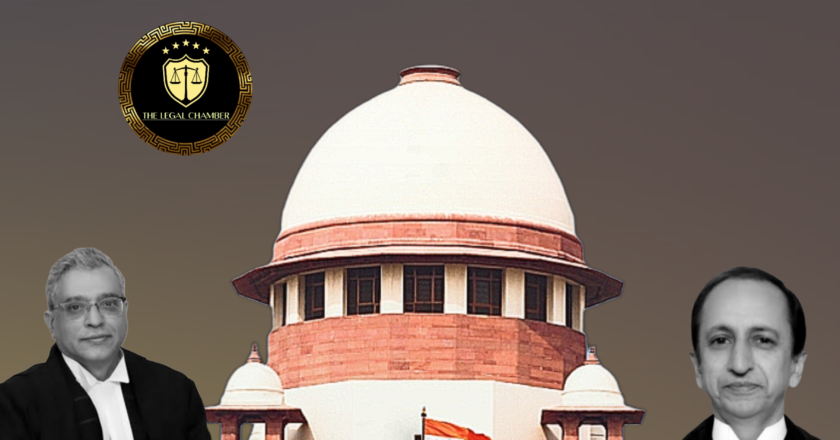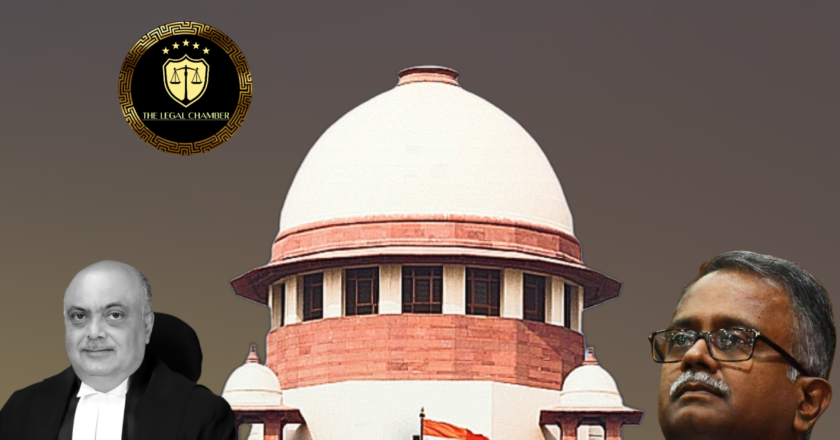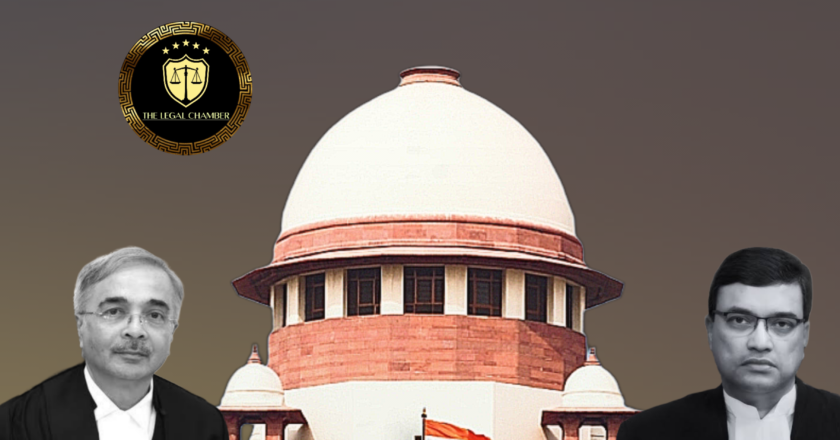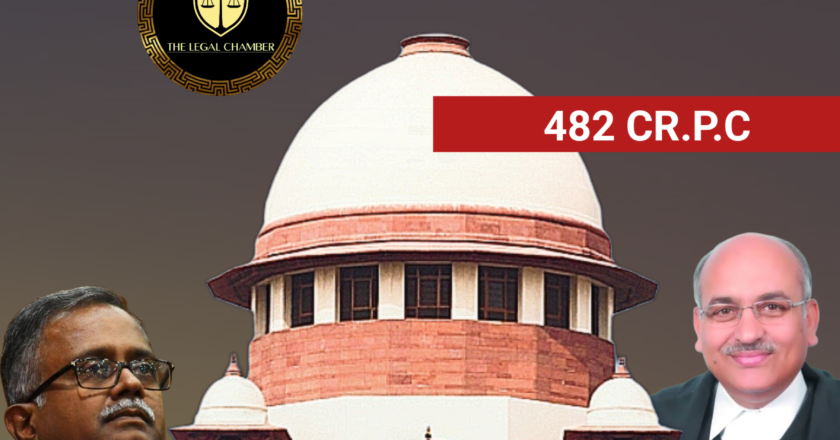Supreme Court Backs Discom: Upholds Right to Encash Bank Guarantee in Delayed Solar Project
The Supreme Court held that the Power Purchase Agreement's explicit terms govern the parties' rights. The encashment of the performance bank guarantee was valid as the developer failed to seek an extension under the contractual mechanism or issue a mandatory Force Majeure notice. Regulatory commissions cannot rewrite the contractual risk allocation or grant remedies outside the agreed framework.
Facts Of The Case:
The dispute arose from a Power Purchase Agreement (PPA) executed between Chamundeshwari Electricity Supply Company Ltd. (CESC) and Saisudhir Energy Pvt. Ltd. for a 10 MW solar power project. The PPA stipulated that the developer was to achieve the Commercial Operation Date (COD) within 12 months, preceded by fulfilling certain Conditions Precedent within 240 days. A critical pr...





